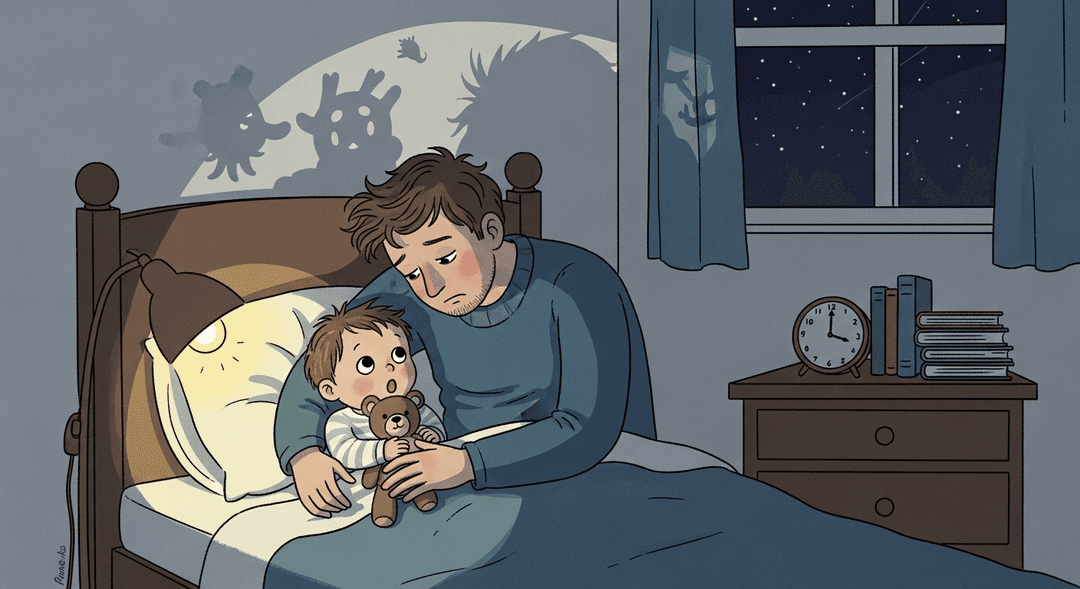Ensure an Age-Appropriate Amount of Sleep Each Night
Sleep: that mythical unicorn we keep hearing about but never actually see. If your nights are a montage of clock-watching, baby shushing, and googling 'how much sleep do kids actually need?', you’re in the right place. Let’s break down the bedtime circus and see if we can’t all catch a few more Zs—before the next round of 3 a.m. requests for water, stories, or existential conversations about monsters.
Consistent, age-appropriate sleep is like Miracle-Gro for tiny brains: it helps with memory, emotional regulation, and even immune strength. For parents, it’s the difference between feeling like a semi-functional adult and accidentally putting your keys in the fridge (again). Basically, good sleep = happier, healthier humans all around.
How to do it
-
Check the recommended sleep chart for your child’s age. (Spoiler: it’s always more than you think.)
-
Set a regular bedtime and stick to it as consistently as you stick to your coffee.
-
Create a wind-down routine:
- Dim the lights.
- Turn off all screens.
- Consider a calming story (preferably one without wild animal noises).
-
Watch for sleepy signals such as:
- Eye rubbing
- Yawning
- Staring off into space
When you notice these signs, act quickly to start the bedtime routine.
-
If all else fails, remember: tomorrow is another night.
Tips for Success:
- Consistency is key—children thrive on predictable routines.
- Avoid sugary snacks and stimulating activities close to bedtime.
- Keep the sleep environment cool, quiet, and comfortable.
- Be patient; establishing good sleep habits can take time.
